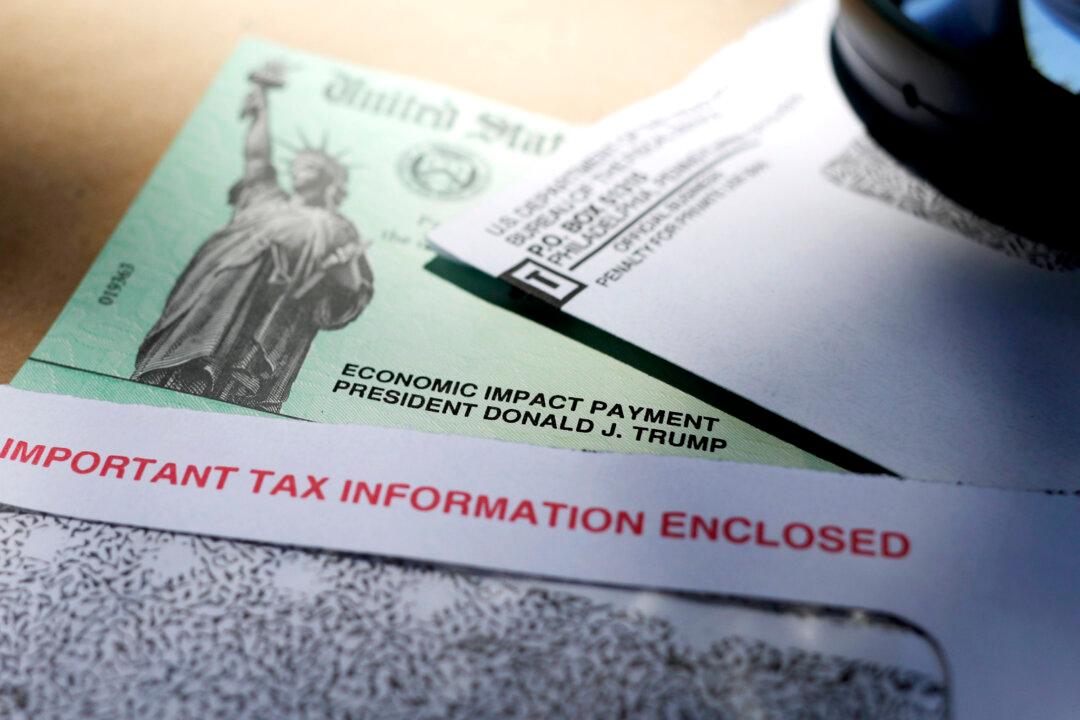Republican lawmakers have become unnerved by the huge economic debt created by the pandemic and say they do not support the latest House-passed “HEROES Act.” Republicans and some moderate Democrats say they would rather fine-tune the financial aid packages that have already been approved, rather than spend more money at this time.
Sen. John Kennedy (R-La.) wants to give states more flexibility by reworking some CCP virus funding previously passed by the federal government. Kennedy recently commented on the HEROES Act while on Fox News’s “Sunday Morning Futures.”





